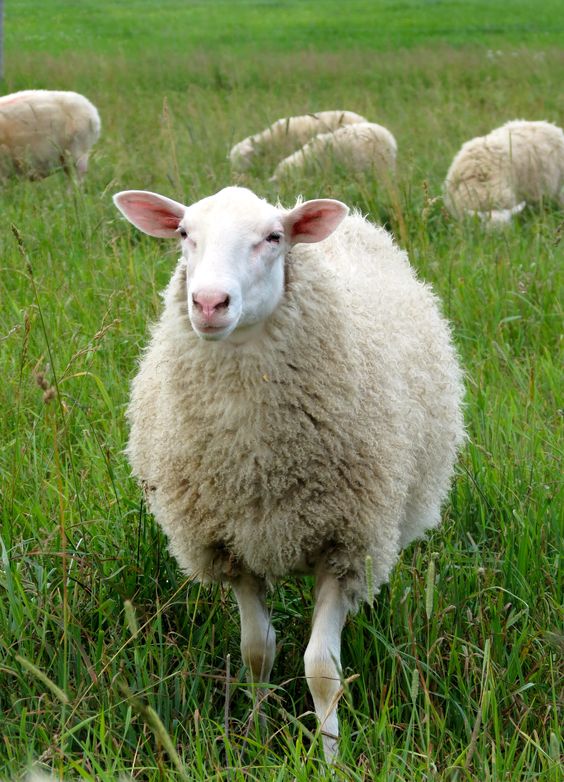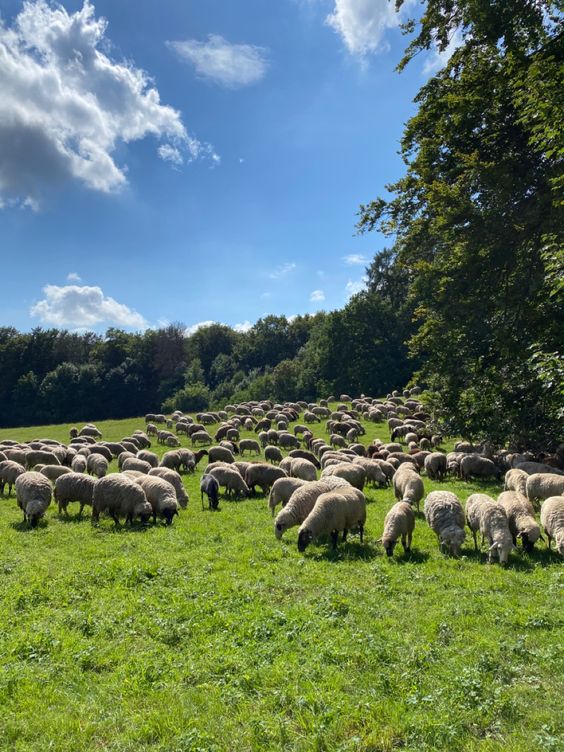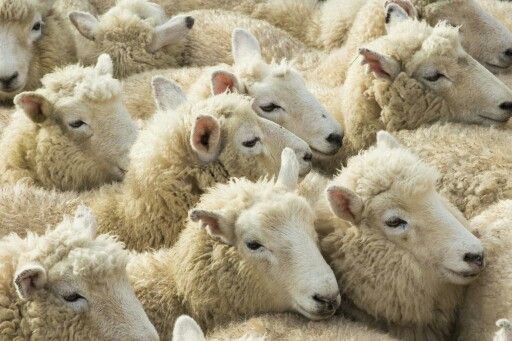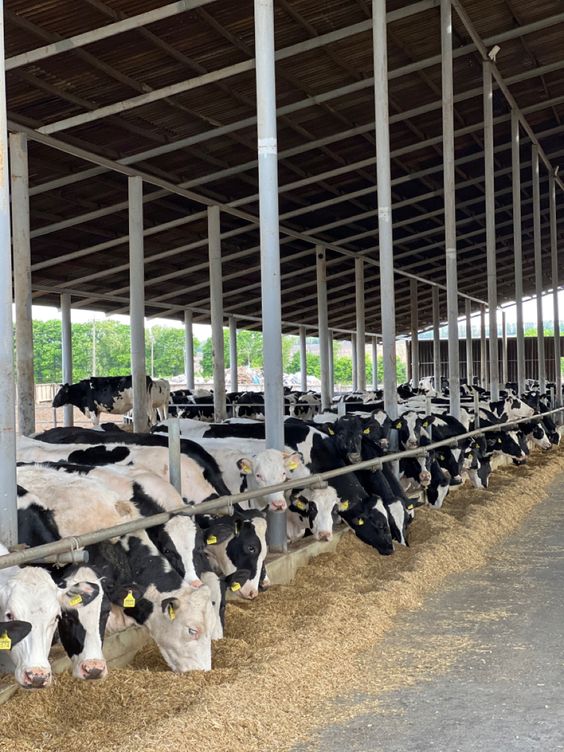Nutrition in Sheep Rearing: A Comprehensive Guide
Nutrition in Sheep Rearing,Proper nutrition is the cornerstone of successful sheep rearing. Understanding the dietary needs of your flock at different stages of development and production is crucial for optimal growth, reproduction, and overall health. This guide delves into the essential aspects of sheep nutrition, providing you with the knowledge to ensure your sheep thrive.
Essential Nutrition in Sheep Rearing:
Like all animals, sheep require a balanced diet composed of various essential nutrients:
- Water: Often overlooked, water is vital for all bodily functions. A 50-kg sheep needs 2-4 gallons of water daily, with variations based on climate and activity level.
- Energy (Carbohydrates and Fats): Providing energy for daily activities, sheep primarily obtain this from forages like grass and hay. The quality of forage significantly impacts energy intake.
- Protein: Crucial for growth, wool production, and reproduction, protein comes from forages, grains, and supplements. The protein requirement varies depending on the sheep’s stage of life and production goals.
- Minerals: Essential for various bodily functions like bone development, muscle function, and immune response. Common minerals needed include calcium, phosphorus, magnesium, and sodium.
- Vitamins: Play vital roles in metabolism, reproduction, and immune function. Sheep can synthesize some vitamins, but others need to be supplemented, especially during specific production phases.
Feeding Practices in Nutrition in Sheep Rearing:
- Roughage: The foundation of a sheep‘s diet, roughage comprises forages like grass, hay, or silage. These fibers provide essential nutrients, stimulate rumen function, and promote digestive health. The quality of roughage significantly impacts its nutritional value. Aim for good-quality, palatable forage with adequate protein and energy content.
- Concentrates: Concentrates are high-energy feed sources like grains, oilseeds, or commercially prepared pellets. They are often used to supplement roughage during periods of increased nutrient demands, such as lambing, growth, or finishing. The type and amount of concentrate fed depend on the sheep’s stage of life, production goals, and the quality of available roughage.
- Supplements: Mineral and vitamin deficiencies can occur, especially when relying solely on forages. Providing appropriate mineral and vitamin supplements is essential to maintain optimal health and production. Consult a veterinarian or animal nutritionist to determine the specific needs of your flock and choose appropriate supplements.
Nutrition in Sheep Rearing Needs Based on Life Stage:
- Ewes: Ewe nutritional needs vary depending on their stage of production. During pregnancy, the focus is on providing adequate energy, protein, and minerals for fetal development. In the later stages of gestation, energy demands increase significantly. During lactation, ewes need even more energy and protein to support milk production.
- Rams: Rams require a good-quality diet year-round to maintain body condition and ensure optimal fertility. During the breeding season, their energy and protein needs increase slightly to support increased activity levels.
- Lambs: Lambs rely on their mother’s milk for the first few weeks of life. As they start weaning and transitioning to solid food, provide high-quality hay or pasture alongside age-appropriate creep feed. Creep feed is a concentrated feed specifically formulated for young lambs to meet their higher nutrient needs for growth and development.
Factors Affecting Nutrition in Sheep Rearing Needs:
- Breed: Different sheep breeds have varying genetic predispositions and growth rates, influencing their nutritional requirements.
- Age: Nutritional needs change throughout a sheep’s life, with higher demands during growth, pregnancy, and lactation.
- Production goals: Whether your aim is wool production, meat production, or breeding, the specific nutritional needs of your flock will differ.
- Climate and environment: Environmental factors like temperature, humidity, and pasture quality can affect feed intake and nutrient utilization.
- Health status: Sick or injured sheep may have altered nutritional needs due to reduced feed intake or increased nutrient demands for recovery.
Monitoring and Maintaining Optimal Nutrition in Sheep Rearing:
- Regularly assess the body condition score (BCS) of your sheep. This non-invasive method helps you gauge their overall health and identify potential nutritional deficiencies.
- Monitor feed intake and adjust feeding regimes as needed. Observe changes in feed consumption and adjust portions or feeding schedules to ensure adequate intake.
- Conduct regular fecal analysis to detect internal parasites. Parasites can significantly impact nutrient absorption and growth, requiring appropriate control measures.
- Work with a veterinarian or animal nutritionist. They can help develop a customized feeding program based on your specific flock, production goals, and regional resources.
Conclusion Nutrition in Sheep Rearing:
Nutrition in Sheep Rearing,Providing proper nutrition is an essential aspect of successful sheep rearing. By understanding the essential nutrients, feeding practices, and factors influencing nutritional needs, you can ensure your sheep have the foundation for optimal health, growth, and production. Remember, consulting a veterinarian or animal nutritionist can provide valuable guidance and ensure your flock receives the best






